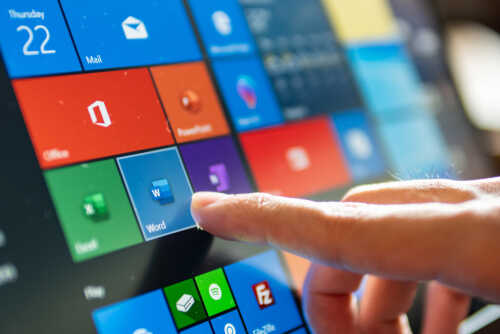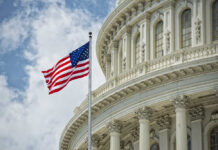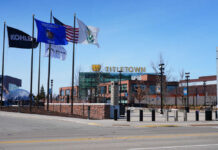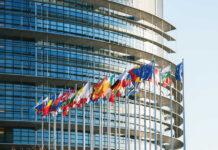
(NewsGlobal.com)- Microsoft announced on Friday that conversation sessions on its Bing search engine, driven by generative AI, would be capped at five questions each session and fifty daily queries.
Long conversations may throw off the new Bing chat paradigm. In a blog post, Microsoft said it had made modifications to “better concentrate the chat sessions” in response to these problems.
Microsoft’s decision comes days after reports from several media publications suggested that results from the new Bing search engine might be unhelpful and the technology might not be ready for prime time.
Initial interactions with Google’s chatbot, Bard, and Microsoft’s Bing have shown their unpredictability.
An advertising executive who spoke on the condition of anonymity about a meeting with Microsoft this week claimed that the company demonstrated the new Bing and stated it intends to enable sponsored links inside answers to search results.
The outcomes of early searches and interactions with Google’s chatbot, Bard, and Microsoft’s Bing have revealed that they are not always predictable. The day Google aired a promotional film for Bard in which the chatbot was shown to be spreading false information, the company’s market worth dropped by $100 billion.
Microsoft believes that by making the Bing AI chatbot seem more human, more people will use the search engine, which would, in turn, attract more advertisers. Bing chatbot advertisements may be given more page real estate than traditional search advertising.
According to an ad executive at the firm, Bing’s chatbot uses conventional search advertisements, in which companies pay to have links to their websites or goods shown in search results for terms relevant to their industry.
Microsoft should make a lot of money from the new Bing, which has a waiting list of millions of individuals. In a presentation to investors and the press last week, the business claimed that a one percentage point increase in its search advertising market share would result in an additional $2 billion in ad revenue.













